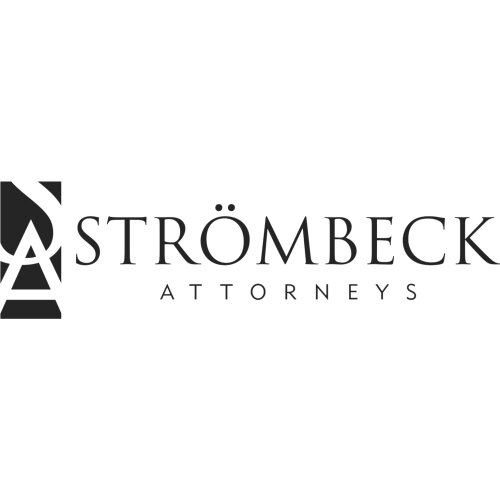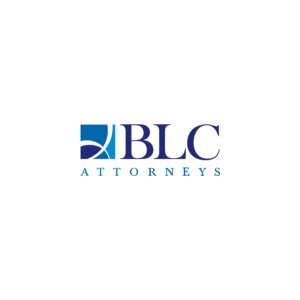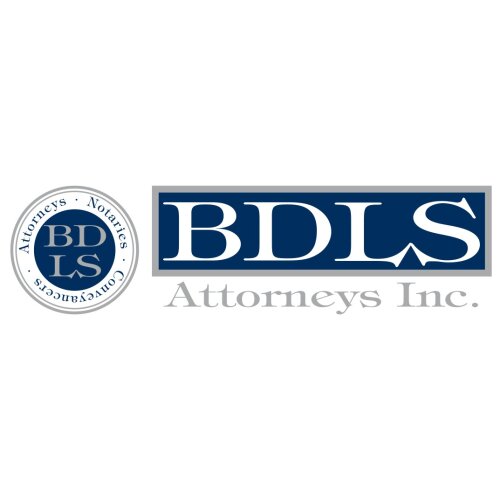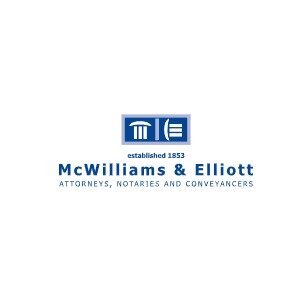Best Foreclosure Lawyers in Port Elizabeth
Share your needs with us, get contacted by law firms.
Free. Takes 2 min.
Free Guide to Hiring a Real Estate Lawyer
List of the best lawyers in Port Elizabeth, South Africa
About Foreclosure Law in Port Elizabeth, South Africa
In Port Elizabeth, as across South Africa, foreclosure law governs the legal process lenders must follow to recoup debt when borrowers default on their mortgage payments. This typically results in the lender repossessing and selling the property to recover the loan balance. Foreclosure practices in South Africa ensure that homeowners are granted enough time and legal protection throughout the process. However, the process is complex and may vary with every situation. Therefore, it's recommended that homeowners facing foreclosure seek legal advice to understand their rights and obligations.
Why You May Need a Lawyer
Legal advice can be vital if you're facing foreclosure. A lawyer familiar with foreclosure law can provide guidance, help you comprehend your legal options, and represent your interests. Situations where you may need a lawyer include when you want to challenge the foreclosure, negotiate with the lender, apply for a loan modification, or identify any lender mistakes or violations of foreclosure processes. Lawyers can also assist in navigating complex paperwork, court appearances, and ensuring all timelines are met.
Local Laws Overview
In South Africa, the foreclosure process comprises legal steps that must be adhered to, in accordance with the National Credit Act (NCA). Lenders must provide a Section 129 notice, informing you of the default and offering assistance to repay the debt, before initiating a foreclosure. The court verifies the amount due, and if no payment arrangement is agreed upon, the court may authorize the home sale via auction. Importantly, the courts serve as the ultimate safeguard, ensuring the process is just and equitable in every individual's case.
Frequently Asked Questions
1. What happens after my property is foreclosed?
After a foreclosure, the property is generally sold at a public auction. The proceeds go towards settling the outstanding loan balance and other foreclosure expenses. If the property sells for less than the owed amount, you may still be liable for the remaining debt, known as a deficiency.
2. Can I stop the foreclosure process?
Yes, it is possible to stop the foreclosure process. This might involve repaying your arrears, renegotiating your loan terms with the lender, or declaring bankruptcy. A foreclosure lawyer can guide you on the best course of action based on your situation.
3. How long will a foreclosure stay on my credit report?
In general, a foreclosure will remain on your credit report for seven years. However, the impact on your credit score will reduce progressively over time, especially if you maintain good credit habits after foreclosure.
4. Can I buy a home after foreclosure?
Yes, it is possible to buy a home after foreclosure. However, you will need to wait for a certain period, often three to seven years depending on the lender, and work on improving your credit score.
5. Do I need a lawyer if I want to surrender my house voluntarily?
Evolving your house voluntarily, also known as a deed in lieu of foreclosure, has legal implications that may be hard to understand without legal advice. Although not required, it is advisable to consult a lawyer to ensure that you understand the process and its implications.
Additional Resources
For additional guidance, consider consulting the National Credit Regulator, The National Consumer Tribunal, or the Legal Aid South Africa. These organizations provide useful information and can assist in connecting you with legal assistance for foreclosure issues.
Next Steps
If you need legal assistance for issues related to foreclosure, the first step is to find a qualified foreclosure lawyer to guide you through the process. Collect all relevant documents such as loan agreements, payment records, and any correspondence with your lender. Always remember, the earlier you seek help, the more options you will have to possibly prevent foreclosure and better protect your interests.
Lawzana helps you find the best lawyers and law firms in Port Elizabeth through a curated and pre-screened list of qualified legal professionals. Our platform offers rankings and detailed profiles of attorneys and law firms, allowing you to compare based on practice areas, including Foreclosure, experience, and client feedback.
Each profile includes a description of the firm's areas of practice, client reviews, team members and partners, year of establishment, spoken languages, office locations, contact information, social media presence, and any published articles or resources. Most firms on our platform speak English and are experienced in both local and international legal matters.
Get a quote from top-rated law firms in Port Elizabeth, South Africa — quickly, securely, and without unnecessary hassle.
Disclaimer:
The information provided on this page is for general informational purposes only and does not constitute legal advice. While we strive to ensure the accuracy and relevance of the content, legal information may change over time, and interpretations of the law can vary. You should always consult with a qualified legal professional for advice specific to your situation.
We disclaim all liability for actions taken or not taken based on the content of this page. If you believe any information is incorrect or outdated, please contact us, and we will review and update it where appropriate.












